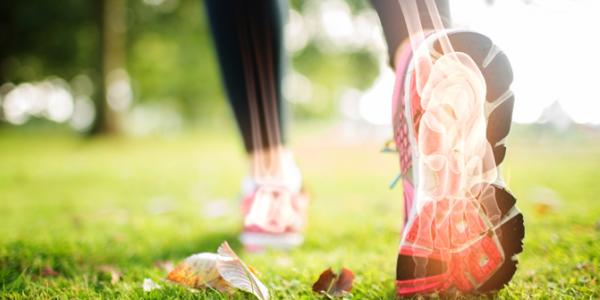
Bone density loss is inevitable as you get older.
Women especially need to do what you can to keep bone loss to a minimum. The good news is that there are some simple steps you can take to strengthen your bones and keep them healthy.
Skip
Bone Density Test
If you are over 65 and you haven’t had a bone density test yet, now is the time. This test can estimate the density of your bones and your chance of breaking a bone—before it happens. You can also find out whether you have osteoporosis. Your test results will help your doctor make specific recommendations to protect your bones.
Calcium
Calcium is critical to bone health! Women age 50 and above should aim for 1,200 milligrams of calcium per day. While you want to avoid an intake of too much calcium, you definitely want to make sure you are getting enough. Review your diet and determine if you need a supplement to meet your recommended daily intake.
Vitamin D
Vitamin D is also important to bone health, as it helps your body absorb calcium. In fact, without vitamin D, your body could lose up to 4% of your bone mass every year. Ideally, you should get 1,000-2,000 IUs of vitamin D per day. While a healthy diet includes foods with vitamin D, the biggest source of vitamin D comes from sunlight. A vitamin D supplement and 15 minutes outside daily can help ensure you meet your vitamin D needs.
Fruits and Vegetables
Fruits and vegetables provide vitamin D and other minerals that your body needs to build and maintain bone mass. Try to include 1 ½ cups of fruit and 2 ½ cups of vegetables in your diet every day.
Strength-Building Exercises
Incorporate weight-bearing and resistance exercises into your daily routine—at least 30 minutes a day. These types of exercises will help slow bone loss. Walking is a great option for women of all ages. When doing yoga, tai chi, or Pilates, modify movements to avoid loaded flexion and twisting.
Healthy Weight
As you get older, being both under or overweight can be damaging to your bones. A 10% reduction in body weight can cause up to 2% bone loss. Try to maintain a healthy weight and, if you are trying to lose weight, talk to your doctor about how to do it in a healthy way.
Tobacco Products
Smoking was identified as a factor for bone loss more than 20 years ago. Avoiding or quitting the use of tobacco products can reduce your risk of a bone fracture. Even if quitting is a challenge, cutting back can lower your risk.
Incorporating these steps into your daily life can help you have healthier bones as you age. Because we are all individuals, be sure to talk with your doctor about how your current (and future) medications and conditions may affect your bone health.
For more information about bone health, download our infographic.
This article first appeared in the April 2019 edition of the HealthPerks newsletter.


